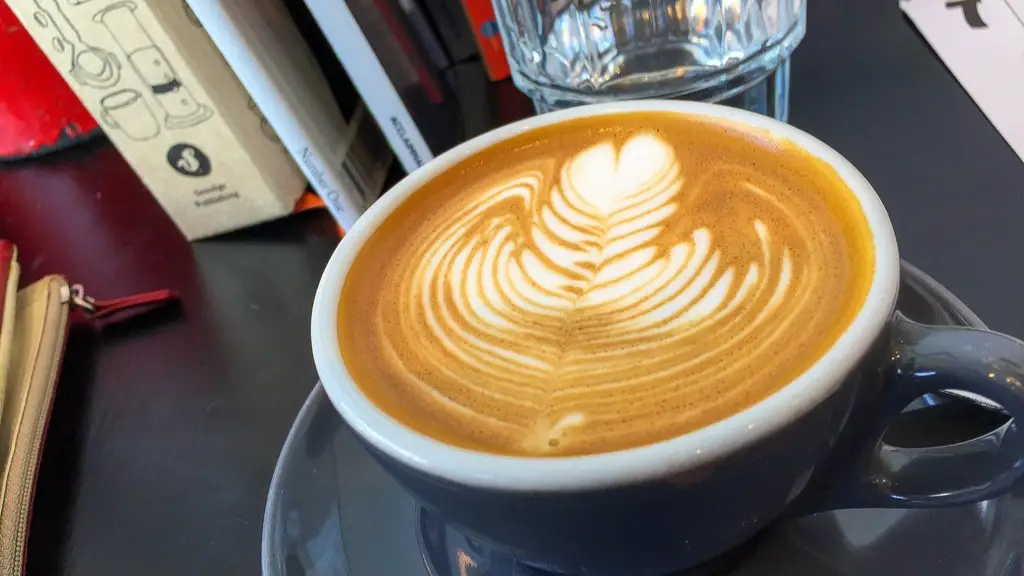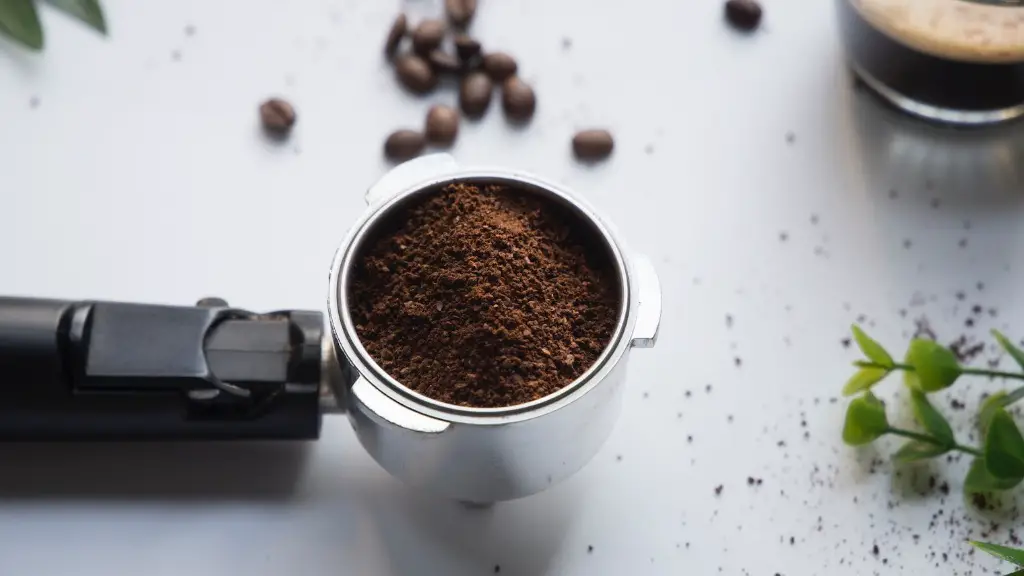Everyone loves coffee and more often than not we tend to opt for our regular cup of coffee. Little do people know that there is a vast variety of coffees for every occasion and availability of various types of coffee serves only to enhance our coffee drinking experience. From cappuccinos to espressos, to wanting to try traditional coffee from around the world, there is something for everyone.
Despite the abundance of options, selecting the right type of coffee can be an arduous task. And while coffee may seem like an uncomplicated beverage, there is a lot of thought that has to go into selecting the right coffee. This is why customers at coffee shops tend to spend a lot of time trying to decide which type of coffee they should be ordering.
Coffee can be classified based on their roast, such as light, medium, dark coffees. Coffee beans can be sourced from different locations, like Colombia, Costa Rica, and India. The coffee beans can be blended to make a different mix, or the beans can be single-source. Beans can be of a mix of Arabica and Robusta coffee beans or of a single-origin coffee bean.
Each kind of coffee has its own unique taste, aroma, and strength. Selecting the right type of coffee also depends on the occasion, like if you’re going to be sipping it slowly or drinking it quickly. There is also the matter of choice between caffeinated and decaf coffees. Additionally, preference also plays a role in the selection of the type of coffee.
In order to make this process of selection of coffee easier and hassle-free, coffee platforms and companies have developed a quiz. This quiz helps customers make an informed choice from the various types of coffees by asking them various questions about their favorite coffee and then providing them with recommendations.
The quiz offers customers various questions so as to ascertain their preferred flavor profile and then present them with the selection of coffees that match the flavor profile. For example, the quiz might ask questions to gauge the customer’s palate for stronger and more robust coffees. Based on the answers, a selection is made for the customer.
Health Benefits of Coffee
Apart from the taste, there are also health benefits associated with regular and moderate consumption of coffee. Studies have shown that coffee is packed with antioxidants and other components that possess great health benefits. Coffee can lower the risk of heart disease, drastically reduce the risk of developing Type 2 diabetes, and can lower the risk of liver cancer. The health benefits, however, depend on the type of coffee and its processing and roasting.
It can also boost cognitive performance and protect the brain from degenerative diseases. One of the primary health benefits of coffee is its ability to boost energy and alertness. This can be attributed to the caffeine content of coffee which is responsible for the stimulation of the central nervous system. Other health benefits of coffee include improved digestion, increased metabolism, and improved blood circulation.
Coffee also contains many essential vitamins and minerals such as magnesium and potassium, that are beneficial for the body. Coffee is also known for its mood-lightening effects as it acts as a natural stimulant that increases alertness and energy. As such, it is recommended to consume coffee in moderation in order to reap its several health benefits.
Types of Coffee Beans
The selection of coffee beans is also important when making coffee. The variety of beans used depends on what type of coffee is desired. The most common coffee beans used are Arabica and Robusta. Arabica coffee beans are generally sweeter and have a pronounced acidity and complex flavors, while Robusta coffee beans are seen as stronger and more bitter tasting.
In addition to the type of bean, the roast level also affects the flavor of the final coffee. Light roast beans have a bright and light flavor, while dark roast beans have a full-bodied flavor and a rich aroma. Medium roast beans are somewhere in the middle and are generally considered the most popular of the roast levels. The origin and quality of the beans also affects the taste of the coffee.
When selecting coffee beans, it is important to take into account the type of grind desired as well. Different grind types will affect how quickly the coffee is brewed and thus how intense the flavor will be. Additionally, customers must determine what kind of brewing method they prefer, as some brewing methods require certain beans for best results.
Brewing Methods
Brewing methods also differ depending on the desired result. Different brewing methods bring out the unique flavors of each type of coffee bean, allowing those drinking it to experience different flavor notes. Popular methods of brewing coffee include cold-brew, french press, and espresso. Each treatment provides a unique flavor profile which is why customers must decide on their preferred method of brewing.
Cold-brew, for example, is a low-acid method of brewing and as such, the flavor of the beans is preserved. French press, on the other hand, allows more sediment to pass through and therefore provides more body and a stronger flavor. Espresso is the most concentrated way to brew, and as such, provides a more intense flavor.
Each brewing method involves a different preparation process and brewing time. Espresso, for instance, only takes about 20-30 seconds while cold-brew takes considerably longer, taking up to 24 hours to steep. Knowing the different brewing methods and the optimal preparation time for each will help customers choose the right type of coffee to suit their preferences.
Conclusion
Selecting the right type of coffee can seem like a daunting task, especially for those who are knowledgeable about different types of coffee, brewing methods, and other aspects of the coffee-making process. This is why many companies and platforms have developed a quiz that helps customers make an informed decision from the various types of coffees available. The quiz asks customers various questions so as to ascertain their preferred flavor profile and then present them with the selection of coffees that match their palate.
Sustainability of Coffee
An often overlooked aspect of the coffee drinking experience is the sustainability of the product. Global coffee consumption is at an all-time high, with approximately 2.25 billion cups of coffee being consumed every day. The production of coffee, however, has a great deal of environmental considerations. As such, it is important to consider the sustainability of the coffee and its production process before making a selection.
Firstly, the origin of the coffee matters greatly when it comes to sustainability. Coffee can be sourced from countries such as Costa Rica, Colombia, Honduras, and many other countries. Also, coffee beans have to be processed and often shipped to different parts of the world which in turn increases the environmental costs. Customers must take into account the sustainability of their coffee in order to make informed decisions.
Additionally, organic coffee is increasing in popularity due to the various health benefits associated with organic coffee beans. Organic coffee is known for having more nutrients and antioxidants, as well as the lack of the chemicals and pesticides used in the cultivation process. Customers should select organic coffee whenever possible in order to support a more sustainable planet.
Environmental Impact
The environmental impact of coffee extends beyond just sourcing and production, however, and into its disposal. Disposing of coffee grounds and filters also have a direct impact on the environment, as they are not biodegradable. Making the switch to a sustainable and biodegradable filter can help reduce the amount of waste generated from the brewing process. Alternatively, opt for reusable methods of brewing coffee, like with cold-brew jars or coffee machines.
At the end of the day, however, the environment must be taken into account when making a selection. Being environmentally conscious and making sustainable decisions is important when it comes to selecting the right coffee. Selecting coffee that is sourced from environmentally conscious suppliers, is organically grown, and is packaged accordingly helps ensure that no environmental costs are incurred in the process of coffee making.
Ethical Practices
The ethical practices of the coffee source also matter. It is important for customers to ensure that the coffee is ethically sourced, meaning that the farmers and workers behind the coffee beans are paid a fair wage for their work. Some companies may source their coffee from different countries and pay the farmers working in those countries a much lower wage. Ensure that the coffee is coming from an ethical source before making a purchase.
Customers also have to consider the company selling the coffee. Ensuring that the company selling the coffee is one that practices ethical and fair trade practices is imperative. Understanding the company’s sourcing policies will also help customers make an informed decision when selecting the right coffee. Additionally, customers should look for certifications and endorsements from third-party organizations such as Fair Trade USA and other organizations.
By understanding the various aspects of the coffee selection process and researching the companies selling the coffee, customers can make an informed decision when selecting the right coffee. While the process may seem daunting and challenging, taking the time to understand each aspect of the process and making sure that the product is sourced and produced ethically, will ensure that customers receive the best cup of coffee.





